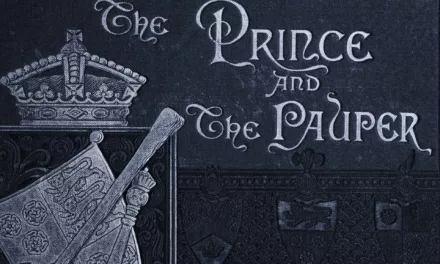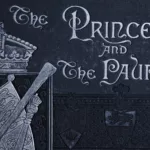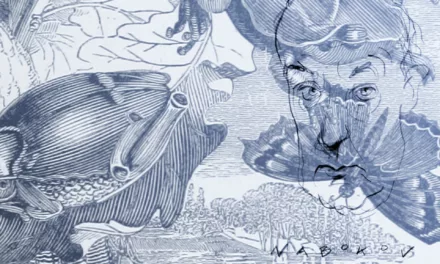
How do I turn a writing prompt into a story?

“Do you have any tips on how to turn a writing prompt into a full-fledged (long) story?
Where do you turn when you run low on creative fuel? Writing prompts can be a great way to get your mental faucets flowing, as well as encouraging you to work within professional parameters. Writing contests will often run a particular prompt or theme, and fleshing it out into a story might even win you some major 💰💰💰!
But sometimes a writing prompt can seem either too narrow — how do you turn it into something unique and yours? — or too broad — how do you choose from the limitless paths a single image could take? Or, you might worry that your approach to a prompt isn’t original or interesting enough. After all, won’t everyone be writing the same thing?
Not to worry. Here are some tips and tricks for turning a prompt into a full story!
What kind of prompt do you have?
If you’re submitting to a contest or anthology, you may be stuck with the prompt you’re given. If you’re just looking for something to get your creative wheels turning, you can look through our super secret cache of writing prompts until you find one that you connect with.
Generally, writing prompts fall into three categories: a situation (usually the inciting incident), a single word or theme, or a piece of essential text (either an opening line or keywords to include somewhere in your story).
Once you have your prompt, you can begin fleshing it out into a working story.
Brainstorm related words and concepts
If you’ve been given a very broad theme, write it down in the middle of a blank piece of paper and spend some time coming up with things that are in some way related. You might discover that the prompt can be interpreted in a range of ways. For example, a recent prompt for the HG Wells Short Story Contest was “Fool”. A fool can be a type of person, a dishonest act (“fool me once”), a tarot card, or a British dessert.
This mind-mapping technique can give you surprising and original ways into what seems like a generic prompt.

Start asking questions
On the other side of your brainstorming sheet, start writing a list of questions about your prompt.
An example of a situational prompt might be, “A man runs into an old friend at his local bar. This is a bit strange, since his friend died five years ago.”
Questions you might ask yourself about this prompt could be: Who is this man? How did his friend die? Does the friend know he’s dead? Why are they meeting on this particular day? How did they feel about each other? Is the friend a ghost? Vampire? Zombie? Time traveller? Estranged twin? Resurrection? Trauma-induced hallucination? Can anyone else see the dead friend, or just the main character? Is the friend here to stay, or is he on the clock? What are they going to do next?
If your prompt is a single word like “fool”, ask questions about what this word might mean in the context of your story. Who is the fool? Who’s doing the fooling? Where did it take place? What were the intended consequences? What were the unintended consequences? How are the characters going to react to these consequences? How would their day have gone differently if they had ordered strawberry shortcake instead of strawberry fool? And so forth.
By making a list of unknown factors, you’ll start discovering a range of directions you can take your story.
Play “And then what happened?”
Once you have a sense of who your story’s about and what set their journey into motion, it’s just a matter of figuring out what happens next.
If you get stuck, you can go back to your mindmap technique and brainstorm potential plot points. For example, the first major plot point in your situational prompt is that your main character unexpectedly runs into his dead friend. What happens next?
Maybe the friend wants the protagonist’s help in taking revenge on his killer. Or he wants to reconnect with an old flame. Or he wants to experience the thrills of life he didn’t get to have while he was alive. Or maybe he faked his own death, and he needs the protagonist’s help in solving a delicate case for the interplanetary spy network. Or maybe he’s just really, really hungry…
Then, once you choose the next plot point, you can do this again for the next, and the next, and the next. Before you know it, you have an entire story mapped out from beginning to end.
Where can you find writing prompts?
Ready to put your creative wheels in motion? The internet is flush with writing prompts, so you don’t have to look very far for inspiration.
Sometimes contests or literary journals put out submission calls with specific prompts attached. This can be a good way to challenge yourself and maybe make some money in the process (or at least get some exposure for your work). Scribophile has a great weekly roundup of open calls, many with targeted themes.
We also have a ton of writing prompts here in the Reading Room, including drawing inspiration from your favourite books, some chilly writing prompts for winter, and a list of fun situational prompts to kickstart your creativity. Enjoy!






























